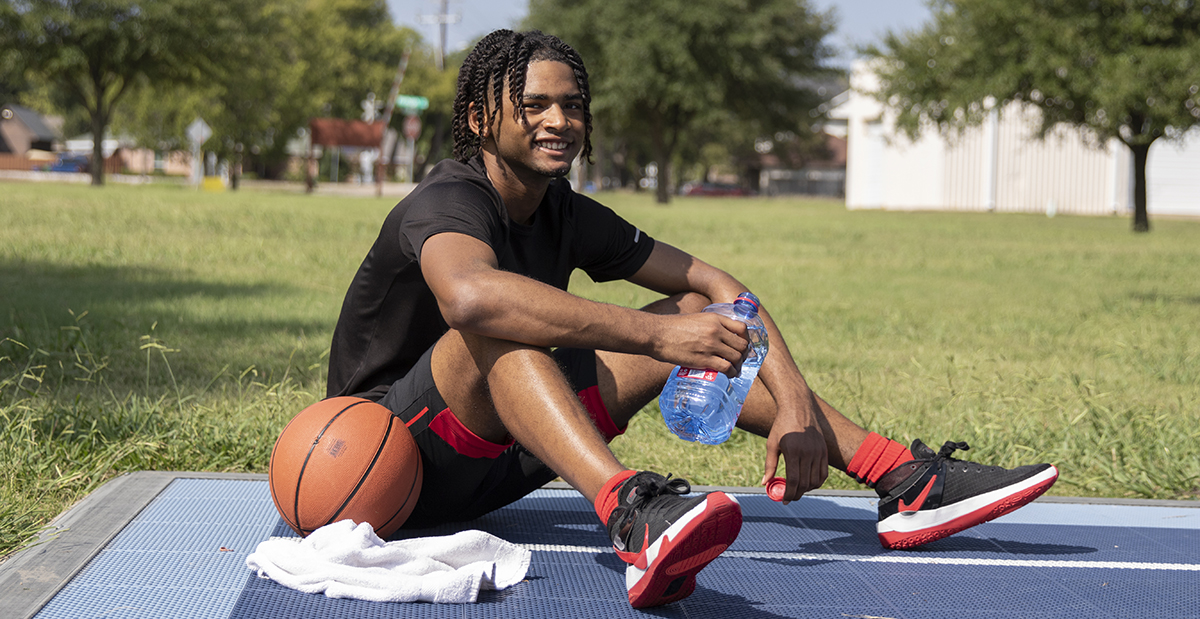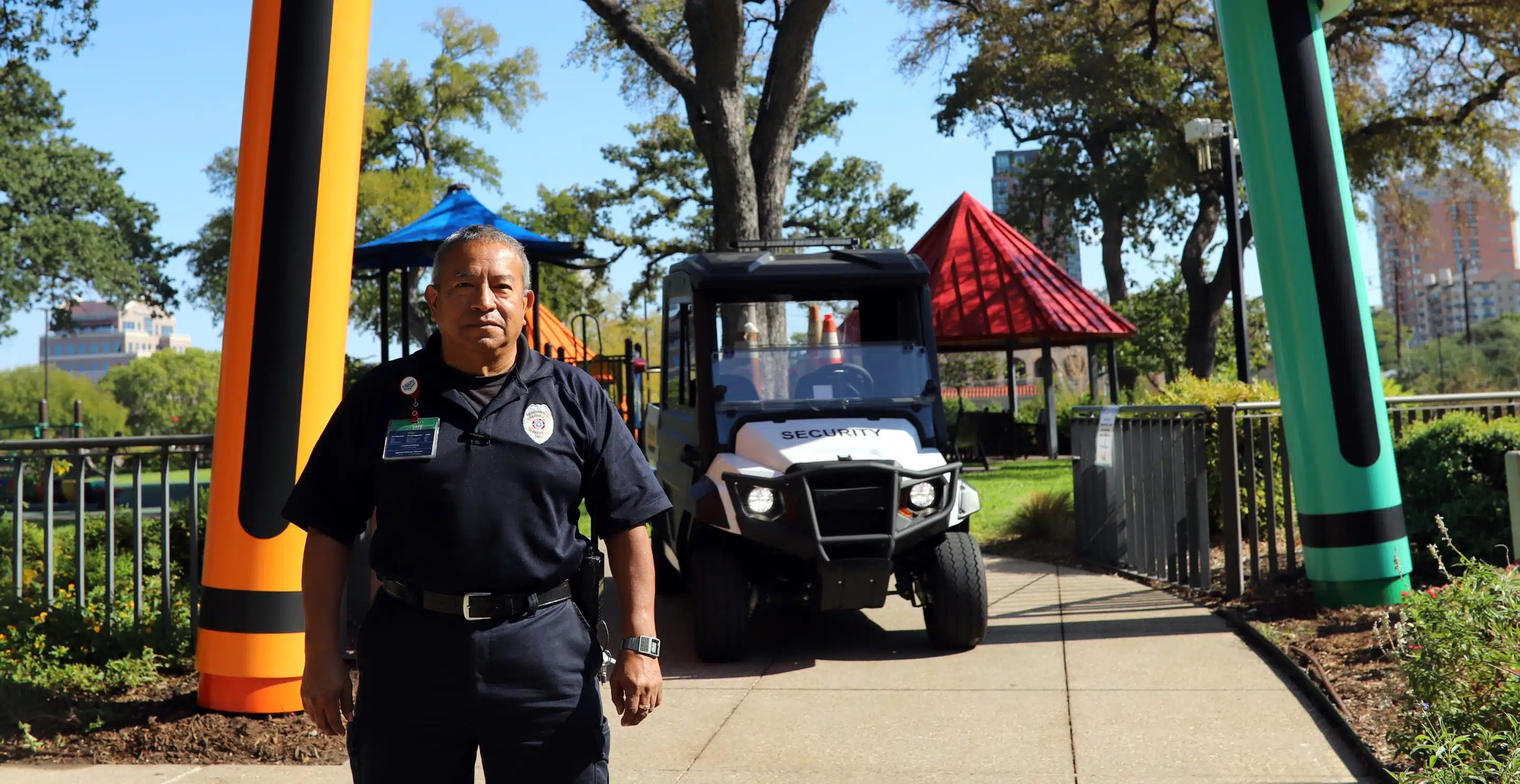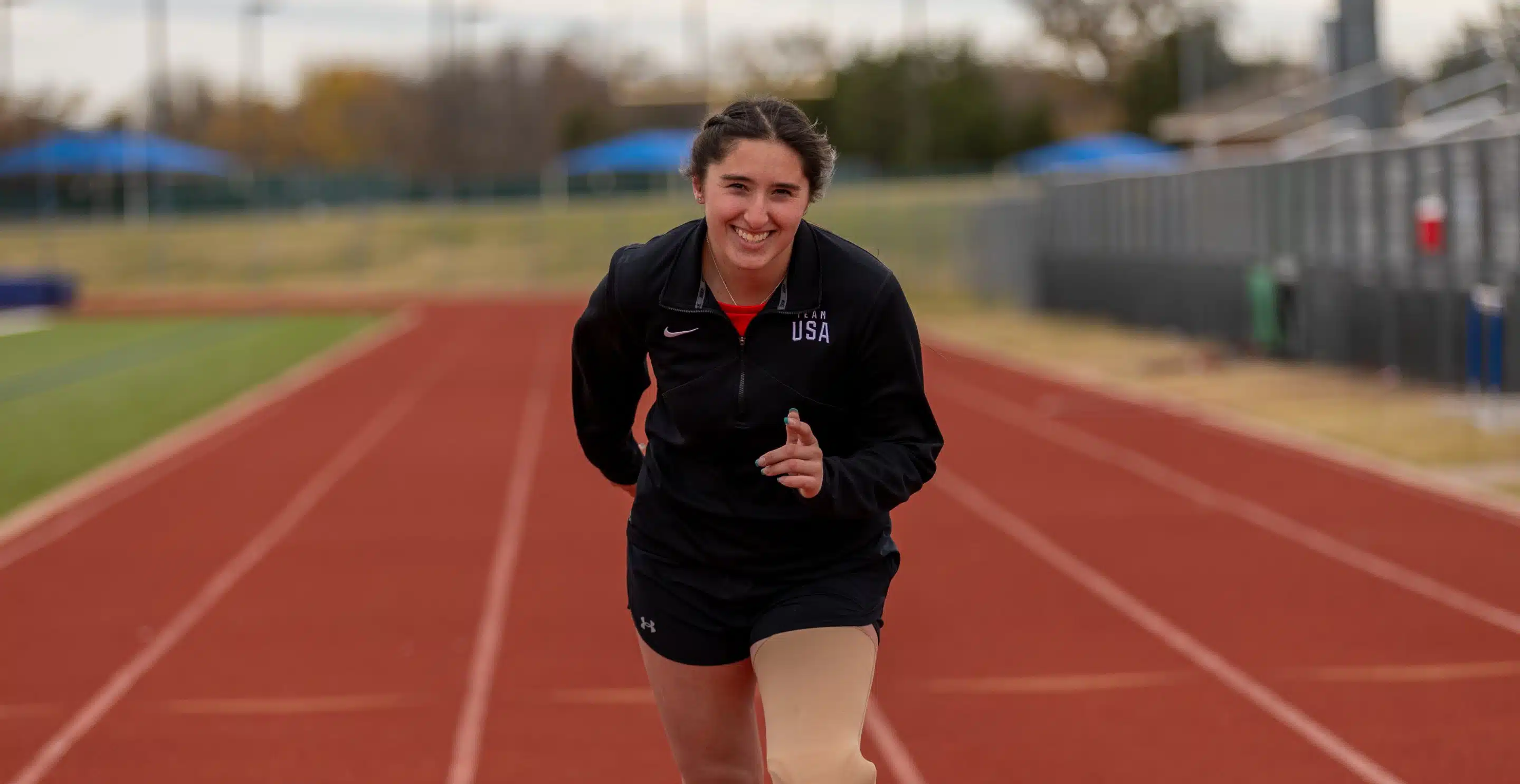For all kids, managing stress is important. However, young athletes have an added layer of pressures and our team is here to provide tips on properly managing those stressors. Pediatric psychologist Emily Stapleton, Psy.D., works closely with our young athlete population at our Frisco campus. As a former athlete herself, she has a passion for supporting athletes’ mental health for optimal performance, injury prevention and rehabilitation outcomes.
Below are a few tips to help parents, athletic trainers and coaches of young athletes manage stress.
CONNECT and help problem solve.
When overwhelmed, teens may struggle to break down a situation into manageable pieces. Talk to them and help them take one step at a time.
TIME your conversations wisely and keep it positive.
Let emotions from games or practices settle before talking about performance or outcomes. Waiting a couple of hours to discuss these topics allows athletes to reflect on their performance with less stress.
REFRAME success.
Expectations from parents and coaches can unknowingly increase pressure to perform and negatively affect self- confidence. Encourage athletes to focus on putting forth their best efforts and measuring personal progress rather than only focusing on end results or winning.
TEACH coping skills for life.
Coping skills can help an athlete learn to self-manage when stress starts to take over. Expose your athlete to yoga, taking walks, diaphragmatic breathing (i.e., deep breathing), progressive muscle relaxation (i.e., tensing/releasing muscles) and other techniques to relax.
MAKE ROOM for breaks.
Teach athletes the importance of down-time for rest and recovery. Helping athletes develop time-management skills and minimize over-scheduling will improve stress management.
ENCOURAGE life outside of sport.
Making time for other interests and hobbies apart from the primary sport, including fun activities and time with friends, helps create balance and build resiliency. Allowing athletes to have a breadth of interests and hobbies to draw from when experiencing distress.
PROMOTE healthy sleeping and eating habits.
Stress is easier to manage and less likely to build up with healthy habits in place. A balanced, sport-appropriate diet and quality sleep (at least eight hours for teens) support young athletes in academic, sport and social settings.
ASK for HELP when you need it.
Talking through stressors with a licensed psychologist or mental health counselor can be a healthy outlet for chronic stress and help athletes learn positive coping strategies to use in the future when experiencing negative stress.
Learn more about pediatric sports medicine.














